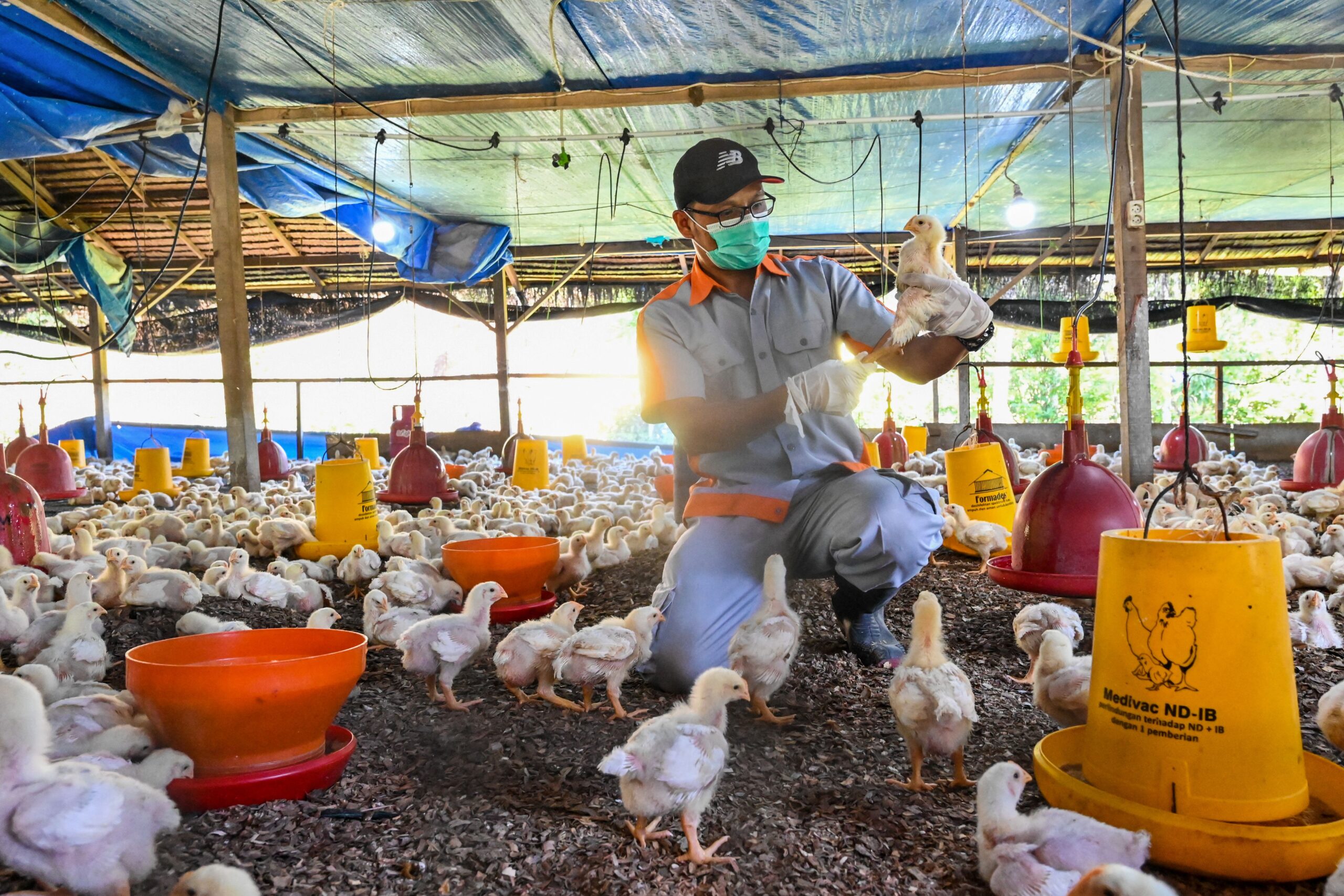- Saturday, July 27, 2024
A bird flu pandemic could be ‘100 times worse than Covid’ and kill up to half of everyone it infects, experts have warned.

By: Vivek Mishra
Experts have warned that a bird flu pandemic could be far deadlier than Covid-19, with the potential to kill up to half of those infected. The H5N1 strain of bird flu is causing concern, as it has been found in various mammals, including humans, raising fears of a global epidemic.
A bird flu pandemic could be ‘100 times worse than Covid’ and kill up to half of everyone it infects, experts have warned, reported the Daily Mail.
During a briefing, Dr Suresh Kuchipudi, a leading bird flu researcher, expressed worry about the virus reaching a critical point for triggering a pandemic. He emphasized the urgent need for preparedness, stating that the virus is already infecting a range of mammals globally.
John Fulton, a pharmaceutical industry consultant, echoed these concerns, suggesting that H5N1 could be significantly more lethal than Covid-19 if it mutates to maintain its high fatality rate, reported the newspaper.
The White House says it is ‘monitoring’ the situation. “This is something that we are certainly monitoring. You know, we take health and safety of the American people seriously. It is very important to this President. Our top priority is to keep communities healthy, safe, and informed,” the statement read.
Texas officials reported on Monday that a farm worker tested positive for H5N1, or bird flu, that has spread to dairy cows in Texas, Kansas, New Mexico, Michigan, and Idaho – the first time the virus has infected cattle, reported Reuters.
The Centers for Disease Control and Prevention in the US has said the risk to human health from this outbreak is low.
The US has a stockpile of bird flu vaccines and antivirals in case of a major epidemic, but scaling up production would be necessary in the event of a pandemic.
The World Health Organization reports a fatality rate of 52 out of every 100 cases of H5N1 since 2003, compared to less than 0.1 percent for Covid-19. However, the CDC states that the risk to human health from the current outbreak is low.
Meanwhile, concerns arise as researchers investigate the deaths of hundreds of Adelie penguins in Antarctica, suspecting the H5N1 bird flu virus as the cause. Although field tests were inconclusive, samples are being analyzed to determine the exact cause, reported Reuters.
The potential impact of bird flu on wildlife, especially threatened species like penguins, is alarming. Scientists fear that if the virus continues to spread aggressively, it could devastate penguin populations already facing challenges from climate change.
Overall, while the risk of bird flu causing a major pandemic is concerning, experts stress the importance of continued monitoring and preparedness to mitigate its potential impact on human and animal health.
Bird flu, also known as avian influenza, is a viral infection that primarily affects birds but can also infect humans and other mammals.
There are various strains of bird flu, with H5N1 being one of the most concerning due to its high mortality rate in birds and potential to cause severe illness in humans.
Bird flu is mainly transmitted through contact with infected birds or their droppings, but there have been cases of human-to-human transmission in some instances.